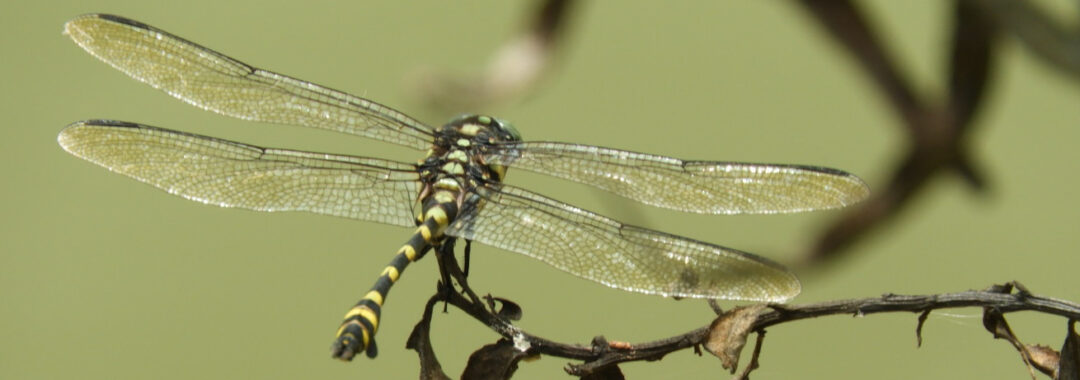Poetry has been an integral part of the Gothic mode since its inception. However, the connection between poetry and the Gothic seems a less explored area of critical inquiry, in comparison to fiction. While the Graveyard Poets and other Anglophone poetry movements are already considered foundational to the Gothic mode, our edited collection seeks to broaden the scope of what can be conceived of as “Gothic poetry” or poetry inspired by the Gothic.
Despite geographic differences and historical contexts, the reflexive and productive capacities of the Gothic in poetry, and of poetry itself, bring poetic works in affinity. Tragic histories are simultaneously past and present: past in the sense that events haunt us and remind us of our violent encounters but also present in the haunting as a continuation of these disaster consequences into the present. Expressing this Gothic sensibility, the poet speaks from a liminal stance. Thus poetry, perhaps, fits perfectly into the conception of a Global Gothic.
We welcome papers that take a flexible view of the Gothic, locating it in various cultural contexts and languages from the long 18th century to the 21st century. We also welcome those who take a more historicist view of the Gothic to submit their work. What constitutes a Gothic poet? How do we conceptualize Gothic poetry differently from other genres? We invite essays that rethink the connection between poetry and the Gothic. Investigations of Gothic poetry and its connection to other genres and media are also welcome.
We invite 300 word abstracts on topics related to the Gothic and poetry, broadly considered, for an edited collection to be submitted to an academic publisher. With your abstract, please include a brief 100 word bio. If accepted, you will be asked to submit a chapter of about 6000 to 7000 words by November 30th, 2024.
Please email your abstract and bio as a PDF, .doc, or .docx attachment by May 15th, 2024 to:
gothicpoetryanthology@gmail.com
Some possible topics include, but are not limited to, the following:
- Liminality and the Gothic
- The numinous and spirituality
- Poetry as foundational to the Gothic
- Gothic and poetry in translation
- Gothic poetry and Romanticism
- Essays focusing on 20th and/or 21st century poets
- Poetic Forms and Modernity
- Poetics and Politics
- Transcultural Poetics and the Global Gothic
- Poetry and the EcoGothic
- Poetry, disaster, and crisis
- Poetry and Gothic novels
- Lyricization and the Gothic
- Gothic poetry and gender
- Gothic Poets and their Biographies
- Gothic poetry and class
- Poetry and Multimedia/Video Games
- Western and Non-Western Gothic poetry traditions
- Gothic poetry and race/ethnicity
- Postcolonial/Decolonial Approaches to Gothic poetry
Editors
Samantha Landau (The University of Tokyo, Japan), Li-Hsin Hsu (National Chengchi University, Taiwan), Thomas Leonard D. Shaw (University of the Philippines, Diliman)
Contact Email
gothicpoetryanthology@gmail.com
Note on Editors:
Li-hsin Hsu is Professor of English at National Chengchi University, Taiwan. Her research interests include Emily Dickinson studies, Romanticism, Taiwan modern poetry, and Ecocriticism. She has co-edited a number of special issues and collected volumes on Asian Gothic related topics. She is also involved in the Emily Dickinson International Society and is a co-founder of the Gothic in Asia Association.
Samantha Landau is a Project Associate Professor at the University of Tokyo (Komaba) in Japan. Her research primarily concerns Gothic fiction. She also researches at the intersection of cultural studies, music, and poetry. She is a co-founder of the Gothic in Asia Association and Tokyo Humanities Project. In addition to her academic work, she is a published poet. She is also a classical vocalist and has been performing for over 30 years.
Thomas Leonard Shaw is a faculty member at the Department of English and Comparative Literature, University of the Philippines Diliman. His latest publication is an essay on Philippine Horror Cinema included in the anthology Contemporary Horror on Screen (Springer). Thomas has several upcoming publications on Philippine gothic literature. His research interests include but are not limited to: gothic and horror studies, memory studies, and Philippine literature.
